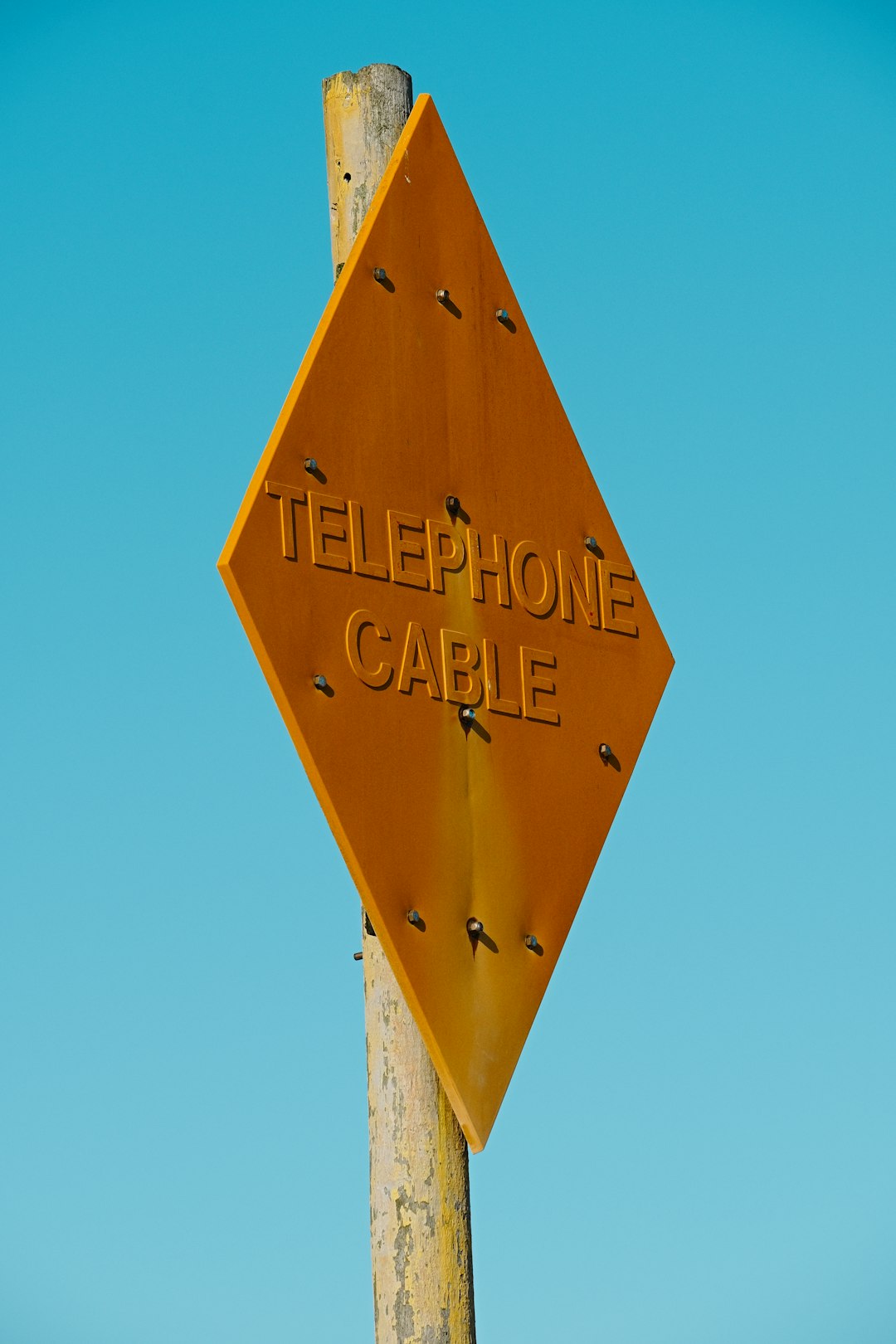Maine's strict spam laws regulate unauthorized promotional texts, prioritizing consumer privacy. Explicit consent is required for marketing messages, with fines for non-compliance. Consumers can combat spam by blocking, reporting, and documenting messages, empowering them to protect against scams. Robust enforcement, including Attorney General involvement, deters violators and ensures respect for residents' digital privacy rights. Strategic evidence collection and legal consultation are recommended under these stringent anti-spam texts regulations.
“Are you tired of unwanted spam text messages inundating your personal space? Maine, like many states, has stringent laws in place to combat this digital nuisance. Understanding your rights and the state’s anti-spam legislation is crucial for effective enforcement. This article guides you through the legal aspects, offering insights on navigating Maine’s spam text laws, your rights, and practical strategies for seeking assistance from attorneys specialized in this area.”
Understanding Spam Text Laws in Maine

In Maine, the enforcement of spam text laws is governed by both state and federal regulations, primarily targeting unsolicited text messages, also known as spam texts. These rules are designed to protect consumers from unwanted and deceptive messaging, ensuring their privacy and peace of mind. According to these laws, businesses and individuals must obtain explicit consent before sending promotional or advertising text messages to a recipient’s mobile device.
Maine’s spam text laws specifically prohibit companies from sending mass text messages for commercial purposes without prior authorization from the recipient. Failure to comply can result in significant fines. Understanding and adhering to these regulations are crucial for businesses operating within the state, ensuring they maintain ethical practices while respecting consumer rights regarding unwanted communication.
Your Rights When Facing Spam Texts

When facing spam text messages, you have rights under Maine’s spam laws designed to protect consumers from unwanted and deceptive messaging. According to the Maine Attorney General’s Office, businesses are prohibited from sending unsolicited text messages for marketing or promotional purposes unless you have given explicit consent. If you’re receiving spam texts, you can take several steps, such as blocking the sender, reporting the messages to your carrier, and contacting the Maine Attorney General’s Consumer Protection Division for assistance.
Understanding your rights is crucial in navigating this issue. You are not obligated to respond or provide any personal information to the sender. In fact, engaging with spam texts can sometimes perpetuate the problem. Documenting the messages, including dates, times, and content, will help when filing a complaint. By exercising your rights and taking proactive measures, you can help curb spam text messaging in Maine and protect yourself from potential scams or unwanted marketing tactics.
Enforcing Anti-Spam Legislation in Maine

In Maine, enforcing anti-spam legislation is a crucial aspect of protecting consumers from unwanted text messages. The state has strict laws in place to combat spam texts, which include unauthorized marketing and promotional messages sent en masse. These laws empower residents to take action against companies that violate their privacy by sending unsolicited spam texts.
Consumers in Maine can report spam texts to the Attorney General’s Office, which investigates and takes legal action against violators. The state’s legislation allows for significant fines and penalties for companies found guilty of spamming, serving as a deterrent for potential offenders. This robust enforcement mechanism ensures that businesses adhere to responsible texting practices, respecting consumers’ right to silence and privacy in the digital age.
Strategies for Effective Legal Assistance

When seeking legal assistance with spam text enforcement in Maine, a strategic approach is key. One effective strategy is to gather and document all relevant information about the spam texts received, including timestamps, content, and source numbers. This evidence can be crucial in building a solid case against violators of Maine’s strict anti-spam laws.
Additionally, working with an experienced Maine attorney who specializes in telecommunications law can provide valuable guidance. They can help navigate complex legal frameworks, advise on the best course of action, and represent your interests effectively. Whether it’s through negotiations, legal filings, or court proceedings, a well-planned strategy ensures that spam text enforcement is handled efficiently and in compliance with Maine’s laws.






